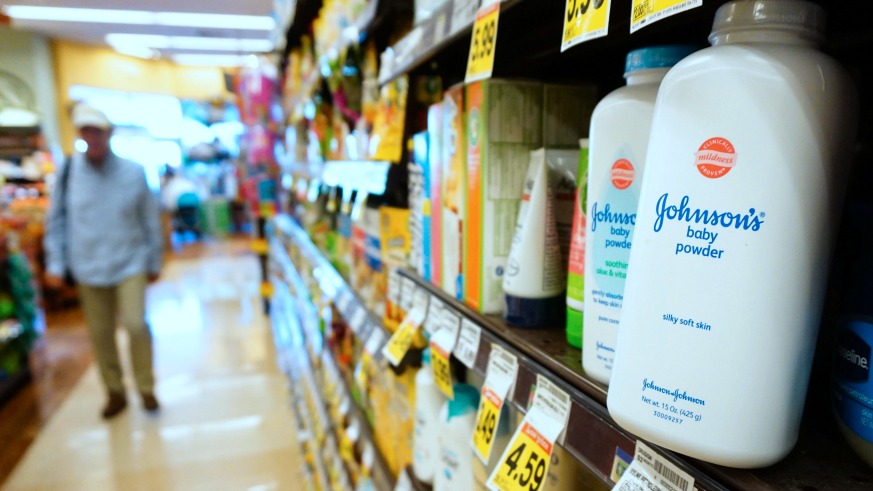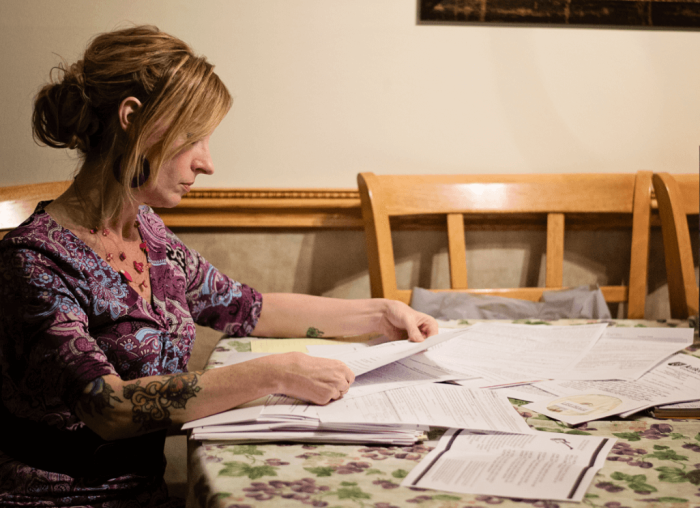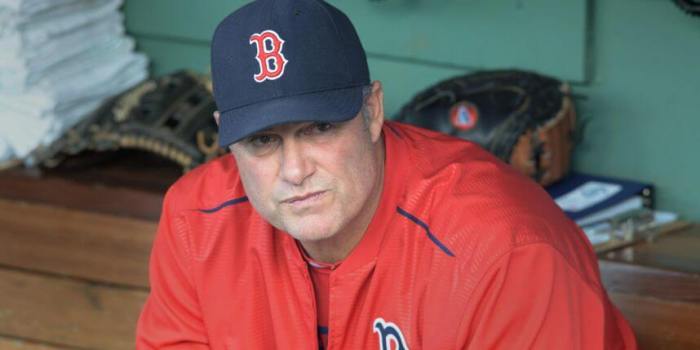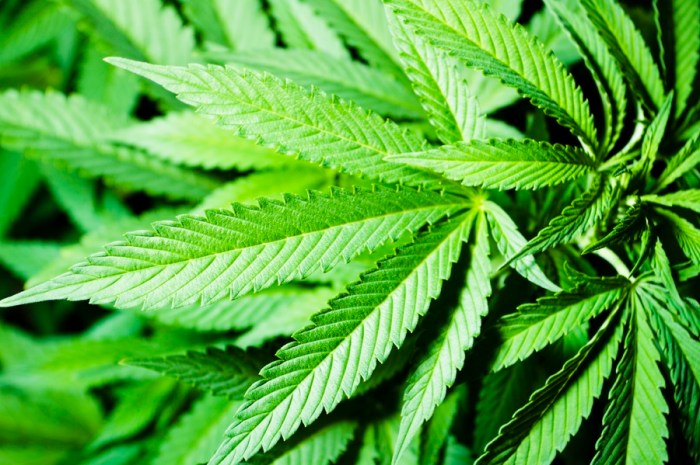Last month, Johnson & Johnson was ordered to pay a California woman $417 million after she claimed the company’s baby powder caused her ovarian cancer.
Plaintiff Eva Echeverria started using the company’s talc powder products when she was 11 and used it for over 50 years. She was diagnosed with the deadly cancer in 2007, a diagnosis linked to the talc because of its “unreasonably dangerous and defective nature,” according to lawsuit filings published by The Washington Post.
Does baby powder cause cancer?
Echeverria’s lawsuit — and others like it — claim that the company failed to warn buyers of the potential link between its products and cancer.
The main ingredient in baby powder is talc, a naturally occurring mineral that contains asbestos in its natural form. Asbestos is shown to cause cancer if inhaled, according to the American Cancer Society, and has been illegal to use in personal care products since the 1970s.
Some studies show a connection between talc powders and ovarian cancer through perineal dusting — or using the powder in the genital areas to mask vaginal odors or to keep the area dry. How it happens isn’t thoroughly understood, but it’s suspected that the powder enters the vagina and makes its way to the uterus and fallopian tubes, causing an inflammatory response.
How much baby powder can cause cancer?
The current theory is that the longer the exposure to talc-based powders, the more risk for developing ovarian cancer. However, there’s no concrete evidence that there’s a direct correlation between dose and cancer risk.
Age and family history is a more predictable measure of ovarian cancer risk, Kirsten Moysich, Ph.D., distinguished professor of oncology at Roswell Park Cancer Institute, told Cosmopolitan.
“Women shouldn’t feel like they’re doomed to develop ovarian cancer if they’ve used baby powder in the past,” Moysich says. “The research shows an association, not a causation. It’s just that with the publicity and money being awarded, there’s a lot of hype.”
Echeverria hopes her lawsuit will increase awareness about the possible connection between long-term use and cancer.
“Mrs. Echeverria is dying from this ovarian cancer and she said to me all she wanted to do was to help the other women throughout the whole country who have ovarian cancer for using Johnson & Johnson for 20 and 30 years,” her lawyer, Mark Robinson, told The Post.
“She really didn’t want sympathy,” he continued. “She just wanted to get a message out to help these other women.”


















